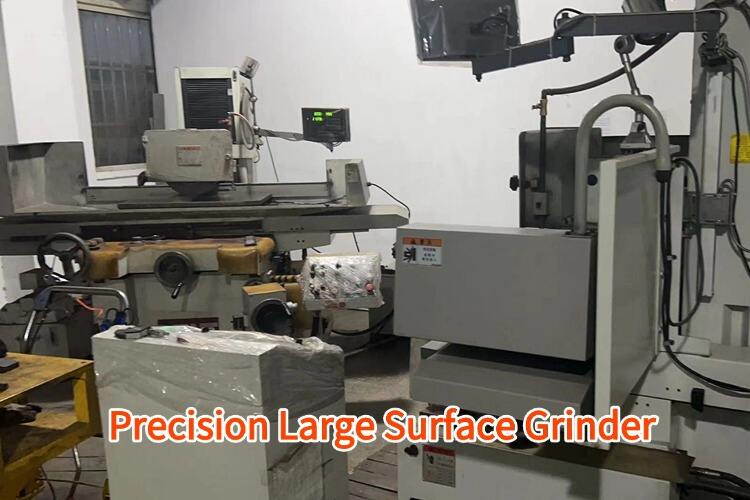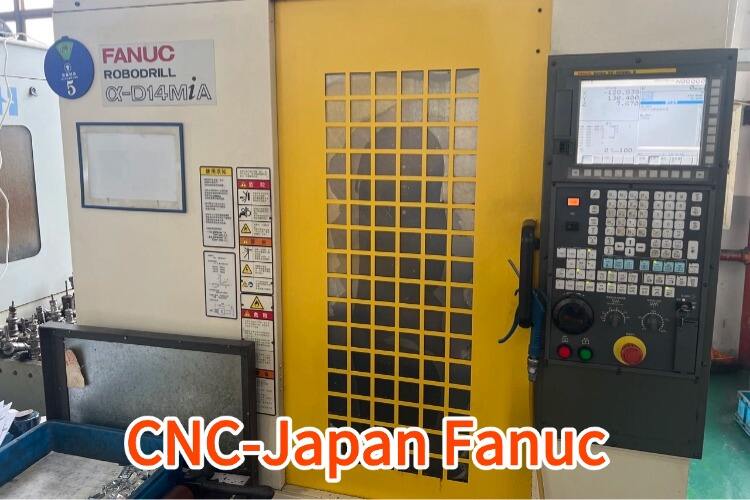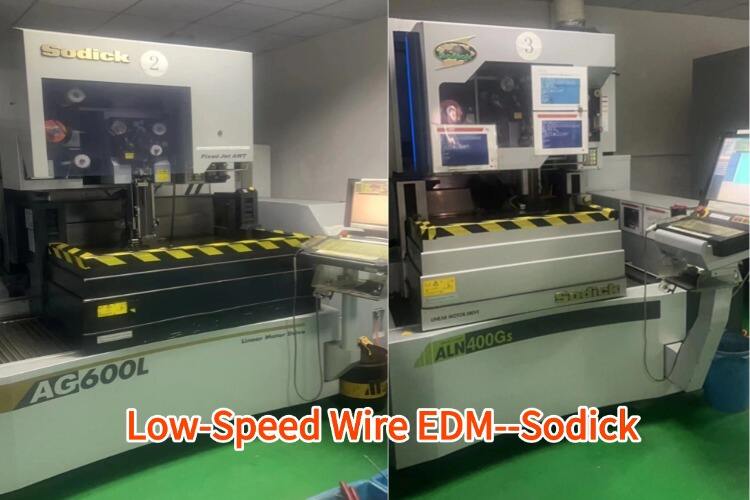steel machining
Steel machining is a sophisticated manufacturing process that transforms raw steel materials into precise components through various cutting and shaping operations. This essential industrial process encompasses multiple techniques including turning, milling, drilling, and grinding, each serving specific purposes in metal fabrication. Modern steel machining combines traditional craftsmanship with advanced CNC technology, enabling manufacturers to achieve exceptional precision and consistency in producing complex parts. The process utilizes specialized cutting tools and equipment designed to withstand the rigorous demands of working with steel, ensuring optimal material removal rates while maintaining strict dimensional tolerances. Contemporary steel machining facilities employ advanced cooling systems and cutting fluids to manage heat generation and extend tool life, while sophisticated measurement and quality control systems guarantee adherence to exact specifications. This versatile process serves numerous industries, from automotive and aerospace to medical device manufacturing and construction equipment production, offering solutions for both high-volume production runs and custom, one-off components. The integration of computer-aided design (CAD) and computer-aided manufacturing (CAM) systems has revolutionized steel machining, allowing for rapid prototyping and efficient production scheduling while minimizing material waste and optimizing resource utilization.


